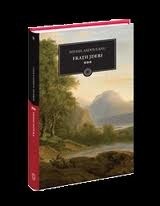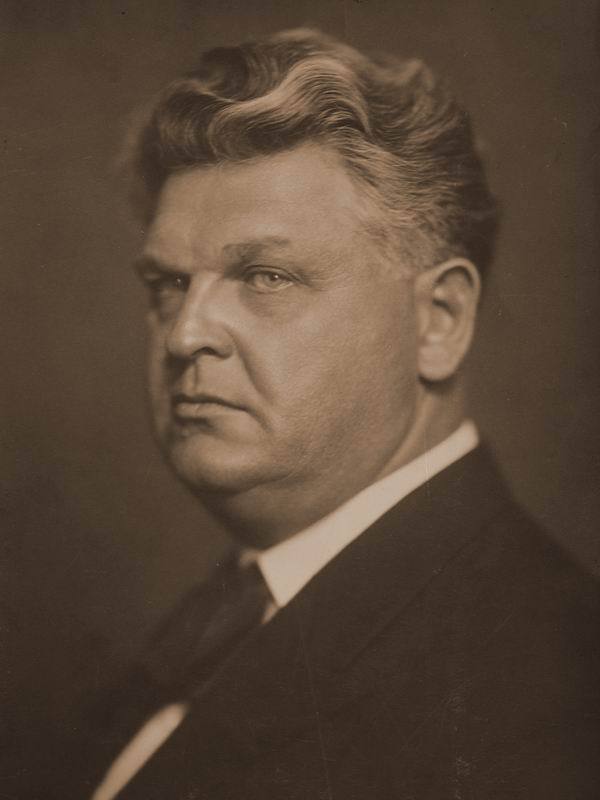
N-aș putea afirma că țara asta e bogată, însă are cu îndestulare de toate. Dar iată că, mâni, toți cei care se află în calea oștilor păgâne nu vor mai avea nimic. Își încarcă în cară atât cât pot; își părăsesc satele și se trag sub munte, ori subt adăpostul pădurilor. Umblând și noi în această regiune de invazie, pământenii ne pun la îndemână o parte cel puțin din ce nu pot lua cu vite, brânză și pită. Apa bună o găsim la fântâni pe care le cunoaștem numai noi; celelalte, rămase în ființă, au fost otrăvite cu măselariță și cucută. În poieni depărtate, aflăm vite care pasc slobod. La vaduri de mori, știm unde să aflăm malaiul. Dacă se suie câțva oameni în munte, dau peste păstori, care ne dăruiesc burdufuri cu brânză. Toată țara ia astfel parte la război în toate formele. Mihail Sadoveanu
Author

Mihail Sadoveanu was a Romanian novelist, short story writer, journalist and political figure, who twice served as acting head of state for the communist republic (1947–1948 and 1958). He is the most prolific novelist in Romanian literature and one of the most accomplished. All his major work, however, was written before the political changes in Romania following World War II. Although Sadoveanu remained a productive author after the war, like many other writers in communist countries, he had to adjust his aesthetic to meet the demands of the communist regime, and he wrote little of artistic value between 1945 and his death in 1961. Sadoveanu was born on 5 November 1880 in Pascani, a small town in Moldavia, to Alexandru and Profira (Ursachi) Sadoveanu. In Anii de Ucenicie (Years of Apprenticeship, 1944) Sadoveanu recalled his special affection for his mother, who was a gifted storyteller. Her death in 1895, when she was only thirty-four, deeply disturbed Sadoveanu. In 1900, after graduating from high school, he decided to study law in Bucharest, but he soon lost enthusiasm and started missing classes. Instead, he spent most of his time writing novels and plays. In 1901 Sadoveanu went to live in Falticeni and married Ecaterina Bâlu. Eventually the father of eleven children (including writers Profira Sadoveanu and Paul-Mihu Sadoveanu), Sadoveanu enjoyed a stable and quiet family life that was no doubt a positive influence on his writing.